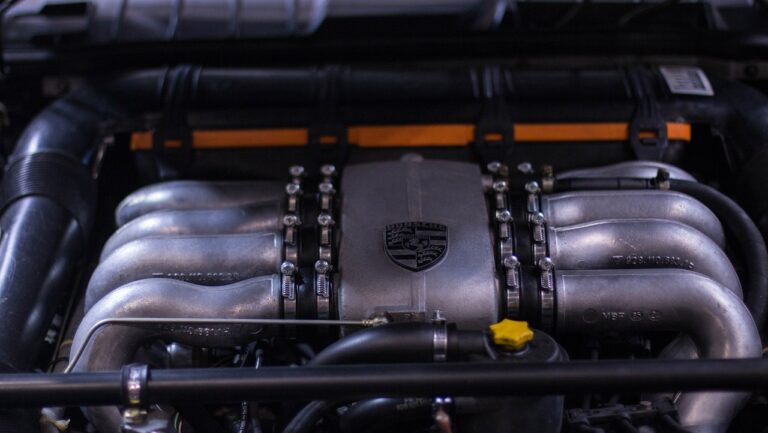The Role of Automotive Software in Predictive Vehicle Reliability Analysis: Ensuring Dependability
bet book 247 sign up, radhe exchange app download, bethub777:Automotive software plays a crucial role in predictive vehicle reliability analysis, ensuring the dependability of vehicles on the road. As technology continues to advance, cars are becoming more sophisticated with various software systems integrated to enhance performance, safety, and overall driving experience. In this article, we will explore the significance of automotive software in predicting vehicle reliability and how it helps manufacturers and consumers alike.
The Role of Automotive Software
Automotive software encompasses a wide range of applications that control different aspects of a vehicle’s operation. From engine management systems to infotainment systems and advanced driver assistance systems (ADAS), software plays a vital role in ensuring the smooth functioning of modern vehicles. In the context of predictive vehicle reliability analysis, automotive software collects and analyzes data from various sensors and components to identify potential issues before they escalate into full-blown problems.
Predictive vehicle reliability analysis involves the use of advanced algorithms and machine learning techniques to predict the likelihood of component failure or malfunction based on historical data and real-time performance metrics. By monitoring key parameters such as engine temperature, fuel efficiency, brake wear, and tire pressure, automotive software can detect patterns or anomalies that may indicate potential problems in the future. This proactive approach allows manufacturers to address issues proactively and prevent costly breakdowns or recalls down the line.
Ensuring Dependability
Dependability is a critical factor in the automotive industry, where safety and reliability are paramount. By leveraging automotive software for predictive vehicle reliability analysis, manufacturers can improve the overall dependability of their products and build trust with customers. By identifying and addressing potential issues early on, automakers can reduce the risk of product failures and recalls, ultimately saving time and money while enhancing customer satisfaction.
One of the key benefits of using automotive software for predictive vehicle reliability analysis is the ability to predict maintenance needs accurately. By analyzing data from onboard sensors and diagnostic tools, software systems can generate predictive maintenance schedules based on the actual condition of various components. This proactive approach not only helps vehicle owners stay on top of maintenance tasks but also minimizes the risk of unexpected breakdowns or repairs that can disrupt their daily routines.
In addition to predictive maintenance, automotive software can also optimize vehicle performance and fuel efficiency by fine-tuning engine parameters and other critical systems. By continuously monitoring and adjusting performance metrics in real-time, software systems can ensure that vehicles operate at peak efficiency, reducing fuel consumption and emissions in the process. This not only benefits the environment but also helps drivers save money on fuel costs over the long run.
Overall, the role of automotive software in predictive vehicle reliability analysis is crucial in ensuring the dependability of modern vehicles. By leveraging advanced algorithms and data analytics, manufacturers can proactively identify and address potential issues, improve maintenance practices, and optimize performance metrics to enhance the overall driving experience for consumers.
FAQs
1. What is predictive vehicle reliability analysis?
Predictive vehicle reliability analysis involves using advanced algorithms and machine learning techniques to predict the likelihood of component failure or malfunction based on historical data and real-time performance metrics.
2. How does automotive software help manufacturers improve vehicle dependability?
Automotive software collects and analyzes data from various sensors and components to identify potential issues before they escalate into full-blown problems, allowing manufacturers to address issues proactively and prevent costly breakdowns or recalls.
3. What are some of the benefits of using automotive software for predictive maintenance?
Automotive software can accurately predict maintenance needs based on the actual condition of various components, helping vehicle owners stay on top of maintenance tasks and minimize the risk of unexpected breakdowns or repairs.
4. How does automotive software optimize vehicle performance and fuel efficiency?
By continuously monitoring and adjusting performance metrics in real-time, software systems can ensure that vehicles operate at peak efficiency, reducing fuel consumption and emissions in the process.
In conclusion, automotive software plays a crucial role in predictive vehicle reliability analysis, ensuring the dependability of vehicles on the road. By leveraging advanced algorithms and data analytics, manufacturers can proactively identify and address potential issues, improve maintenance practices, and optimize performance metrics to enhance the overall driving experience for consumers.







